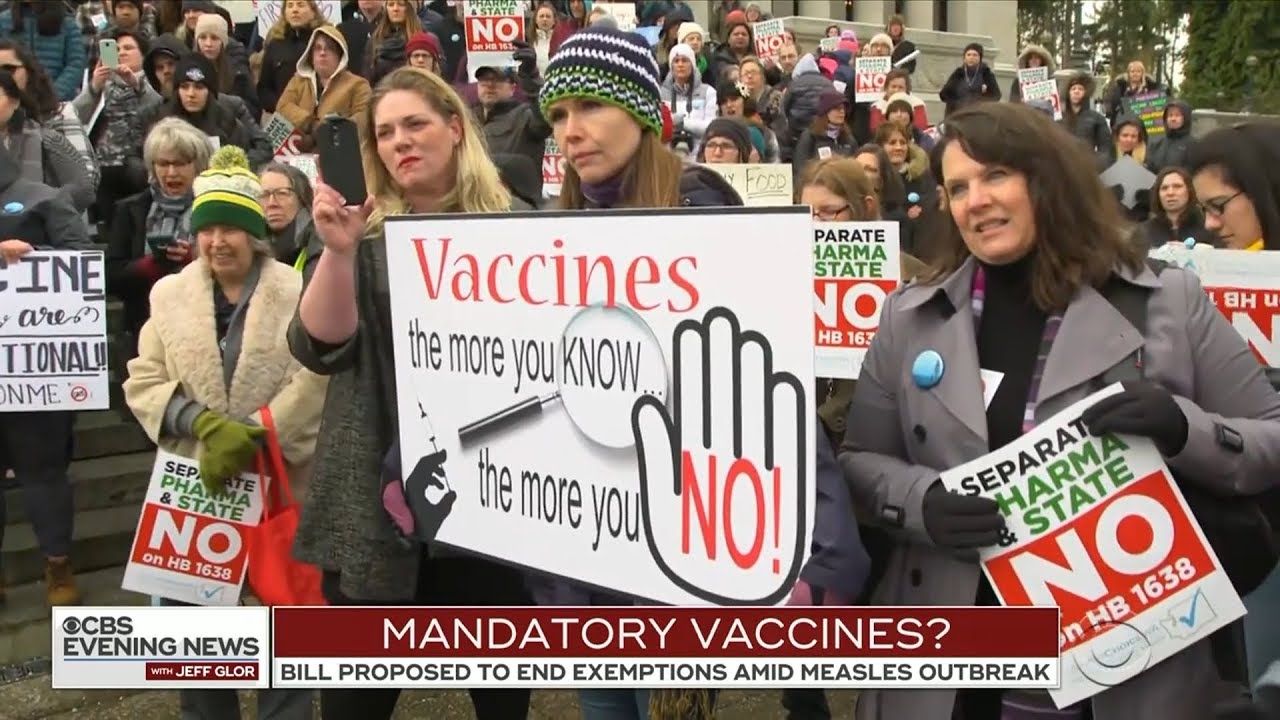


This finding that people of color are more likely to support continued mask wearing may reflect larger shares of Black and Hispanic adults being employed in service industries compared to White adults, putting them at an increased risk of exposure to COVID-19. Around two-thirds of those with a household income of less than $40,000 a year (68%) say the same, compared to 55% of those with an income between $40,000-$89,900 and 54% of those with an income of $90,000 or more. While White adults are split (49% say people should stop wearing masks, 49% say they should continue to wear them in some public places), large majorities of Black adults (88%) and Hispanic adults (69%) say that people should continue to wear masks in some public places to minimize the spread of COVID-19. Around seven in ten Republicans (69%) say that people should stop wearing masks so that things can return to normal, as do 67% of unvaccinated adults. There are significant divides not only by partisanship, and vaccination status, but also by race, ethnicity, and income.Įight-five percent of Democrats say that people should continue to wear masks, as do 57% of independents and 67% of vaccinated adults. Around two-thirds of Hispanic adults say the same (65%).Ībout six in ten adults (59%) say that now that COVID-19 case rates are lower, people should continue to wear masks in some public places to minimize the spread and avoid another surge in cases, while four in ten say that people should stop wearing masks in most public places so things can go back to normal. Showing differences by race and ethnicity, twice the share of Black adults compared to White adults report wearing a mask always or most of the time in the past 30 days (80% vs.

A majority of vaccinated adults say they wore a mask every or most of the time (56%). Two-thirds of unvaccinated adults say they have been wearing a mask some of the time or never have worn a mask indoors in the past 30 days (67%), while one-third (32%) report wearing one every or most of the time. In line with attitudes about mask requirements on transportation, Democrats are more likely to say they always or mostly wore a mask indoors in the past 30 days (75%), compared to independents (46%) and Republicans (30%). Another 29% say they wore a mask some of the time, and 19% say they never wore a mask indoors in public places. Around half of adults (51%) say that in the past 30 days they wore a mask every time or most of the time when indoors in public places, including 28% who say they wore one every time. Most adults report continuing to wear a mask at least sometimes in public places. Still, a substantial share (45%) of adults who are not immunocompromised have modified at least one of their behaviors as well. And on each of the measures asked about, immunocompromised individuals are more likely to have taken a precautionary measure than those who are not immunocompromised, with the exception of indoor dining. Nearly two-thirds (63%) of adults who say they are immunocompromised have modified at least one of their behaviors to be more cautious. About one in five adults say the “tripledemic” has made them less likely to travel (20%), or to eat indoors at restaurants (18%). Three in ten adults (31%) say the viruses spreading have made them more likely to wear a mask, followed closely by avoiding large gatherings (26%). Of all the measures asked about, wearing a mask in public is the most often reported protective measure taken, across ages, race/ ethnicity, and partisanship. When asked about the impact of the “tripledemic” viruses spreading this winter on their behaviors, about half of adults (46%) say the news of COVID-19, RSV, and the flu spreading this winter made them more likely to take at least one protective measure, including wearing a mask in public, avoiding large gatherings, traveling less, or avoiding dining indoors at restaurants.


 0 kommentar(er)
0 kommentar(er)
